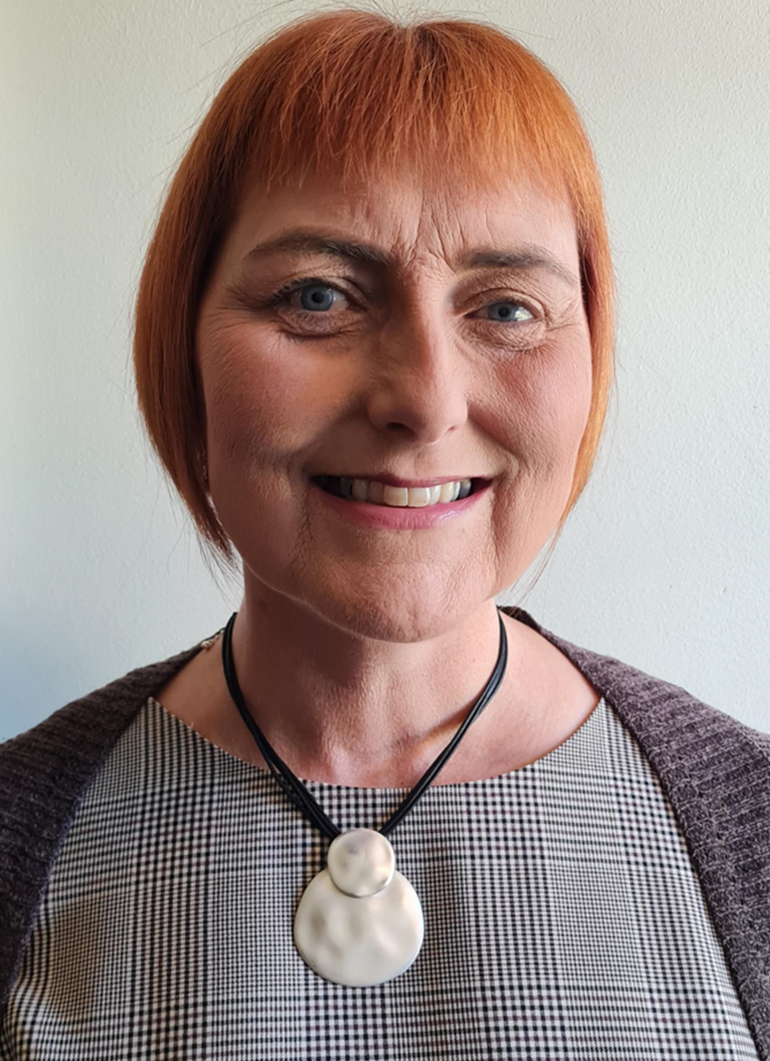Tell us a little about your career background and why you became a member of the BTS?
My nursing career began in the neuro trauma intensive care setting. I am now the nurse consultant in the regional long-term ventilation service for the North East and Cumbria, and have worked in this speciality for more than 20 years.
I am involved in the care of people who require long-term ventilation at home, many of which have profound disability. I play a small part in enabling them to lead meaningful and independent lives, and this is very important to me. Our support means these individuals can remain in their own homes, rather than a hospital or long-term care facility, despite significant dependence on technology. I get a kick out of seeing the difference my contribution makes to their quality of life.
I became a member of BTS 10 years ago because I wanted to be more aware of and involved in developments in respiratory practice. I hoped it would allow me to network with colleagues on a national level and learn about practice in other areas.
Attending the meetings and events is a fantastic way of achieving peer support, which is so valuable in the current healthcare environment.
What is your new role within BTS and what is it about the role that excites you?
My role within BTS is predominately as a nurse, and to represent nursing. However, I am delighted to have recently been appointed as Chair of the Education & Training Committee. I am very proud that I am the first nurse delegate into the role of Chair in this Committee, and the first non-medic in a chair role across any of the BTS core committees.
I am passionate about the importance of education and the innovative ways that it can be delivered. I have served as a nurse representative on this Committee for the last 7 years. This is a position I have really enjoyed, not only allowing me to gain an insight into how programmes of education are developed within the Society, but having the opportunity to influence the content. I am keen to continue to represent the entire MDT and promote multi-professional education.
What goals and objectives you are hoping to achieve in your new role?
I am following in the footsteps of giants in this role! Alongside the Committee, the previous chairs have paved the way in respiratory education and set a very high standard. My overall objective is to be able to maintain that.
I am excited by the innovative way that the Society has delivered education over the recent years, reaching out to a greater number of people with the use of virtual and remote platforms. I would like to encourage further creativity in the way we can support education for the entire respiratory workforce, and I look forward to seeing that evolve further.
I’m also keen to consider ways of including the patient voice in developing educational programmes and resources for clinicians, which would ultimately promote better respiratory health for patients.
Why are multi-disciplinary teams important in respiratory health?
I strongly believe that effective respiratory care is reliant on the contribution of the entire MDT. Patients with respiratory disease experience a number of other debilitating symptoms with physical, practical and psychological elements. The skills and expertise of all members of the MDT is integral to successfully meeting those needs, overcoming the problems and helping patients achieve a good quality of life whilst living with acute and chronic respiratory disease.
I place a strong emphasis on collaboration in respiratory care. Those working in the respiratory speciality have always worked in this way, and I feel that the impact every member of the MDT on patient care is valued.
What advice would you give to respiratory nurses or allied health professionals who are interested in getting more involved with BTS?
Do it!!
I think for many more junior members of the team, it may not be obvious what the value of being a BTS member is, and it might even feel that the work of the Society is not relevant. This could not be further from the truth. Many of the meetings and events are designed with the entire respiratory workforce in mind, so that the content is applicable to everyone. Also, there are numerous opportunities to get involved in the development of guidelines, writing clinical statements, working within specialist advisory groups and committees. These all rely on the contribution of the entire respiratory MDT.
As mentioned, meeting attendance also allows for that invaluable networking opportunity to meet other nurses and AHPs working in a similar speciality elsewhere. This promotes sharing of good practice and development of new ideas.
The abstract prizes at the Summer Meeting is also a fantastic platform to share a project or innovation that has been developed locally by ANY member of the MDT.
Being a BTS member is massively rewarding experience, and I would wholeheartedly encourage nurse and AHP to join and get involved!



